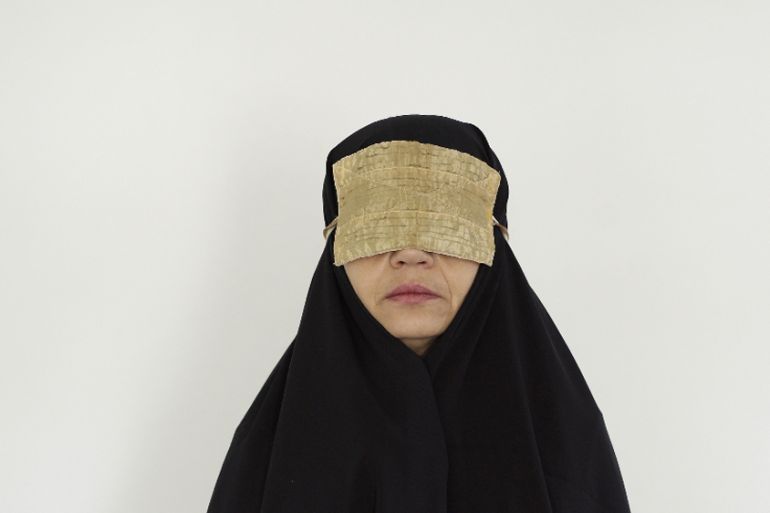
My Stolen Revolution
Follow an exiled Iranian filmmaker whose brother was executed by the Ayatollah regime as she confronts her past.
Editor’s note: This film is currently not available online.
Iran’s “Green” protests in 2009 awakened filmmaker Nahid Persson Sarvestani’s memories of the time when she fled Iran as a student, after the Ayatollah regime started arresting opponents. Many of her friends were imprisoned and tortured and her brother Rostam was executed.
Keep reading
list of 4 itemsIs the ICC going to issue arrest warrants for Israel and Hamas leaders?
Russian playwright and director go on trial over ‘justifying terrorism’
UK court to rule on Julian Assange extradition appeal: What could happen?
Now living in Sweden, but haunted by feelings of guilt and memories of her comrades, she begins a quest to track down surviving friends living in exile.
She manages to find five women and find out more about their experiences and her brother’s final days before execution.
Shifting between past and present, it is a deeply moving film about people standing up to a brutal regime and finding strength together.
FILMMAKER’S VIEW
By Nahid Persson
I have, on several occasions, portrayed my former home country of Iran. Through these stories, I have gained understanding of the horrible experiences that my friends and family have gone through.
My interest in making My Stolen Revolution was partially to find some closure to the decades of guilt I felt escaping from Iran and leaving my 17-year-old brother, Rostam, behind in prison. As soon as he was executed I fled the country.
I always felt that if I had turned myself in, his life might have been saved.
To find my friends, I used an organisation that was formed for political prisoners living in exile. Others were found online. Through my research, I found out that a large number of my friends had been executed.
Out of those who survived, some became psychologically unwell after enduring torture in prison, and so they did not want to be filmed at all. Others were open to the experience.
Like any other documentary, it takes a while to gain the trust of your subjects. But they agreed to take part and were happy to share their experience in order highlight the political situation of Iran then and now.
There is no such thing as making an easy or trouble-free documentary. But with My Stolen Revolution, I had even more things to consider. This film is about my own friends and family so it was painful to try to tell a story that I had tried to ignore for almost 30 years and uncovered some painful information. I found out that my brother was severely tortured before his execution. I was paralysed when I learned that. But making this film became therapy.
Finding out that it was not my fault that my brother was executed was still a little relief. The debt was something I had carried with me all these years. But to find out that many young people were executed (some of them without being even interested in politics before they ended up in prison) was heartbreaking. I was angry at myself that I had failed to do something for my people in all these years.
While my friends were still in prison, being tortured and executed, I lived a normal life in Sweden. But now I know that I can, through this film, let everyone know what happened.
I made this this film to share my story and the stories of my friends with audiences around the world. I want to raise awareness of what is happening in Iran. I want people who see my film to be inspired to take action and strengthen the solidarity among those who fight for change.